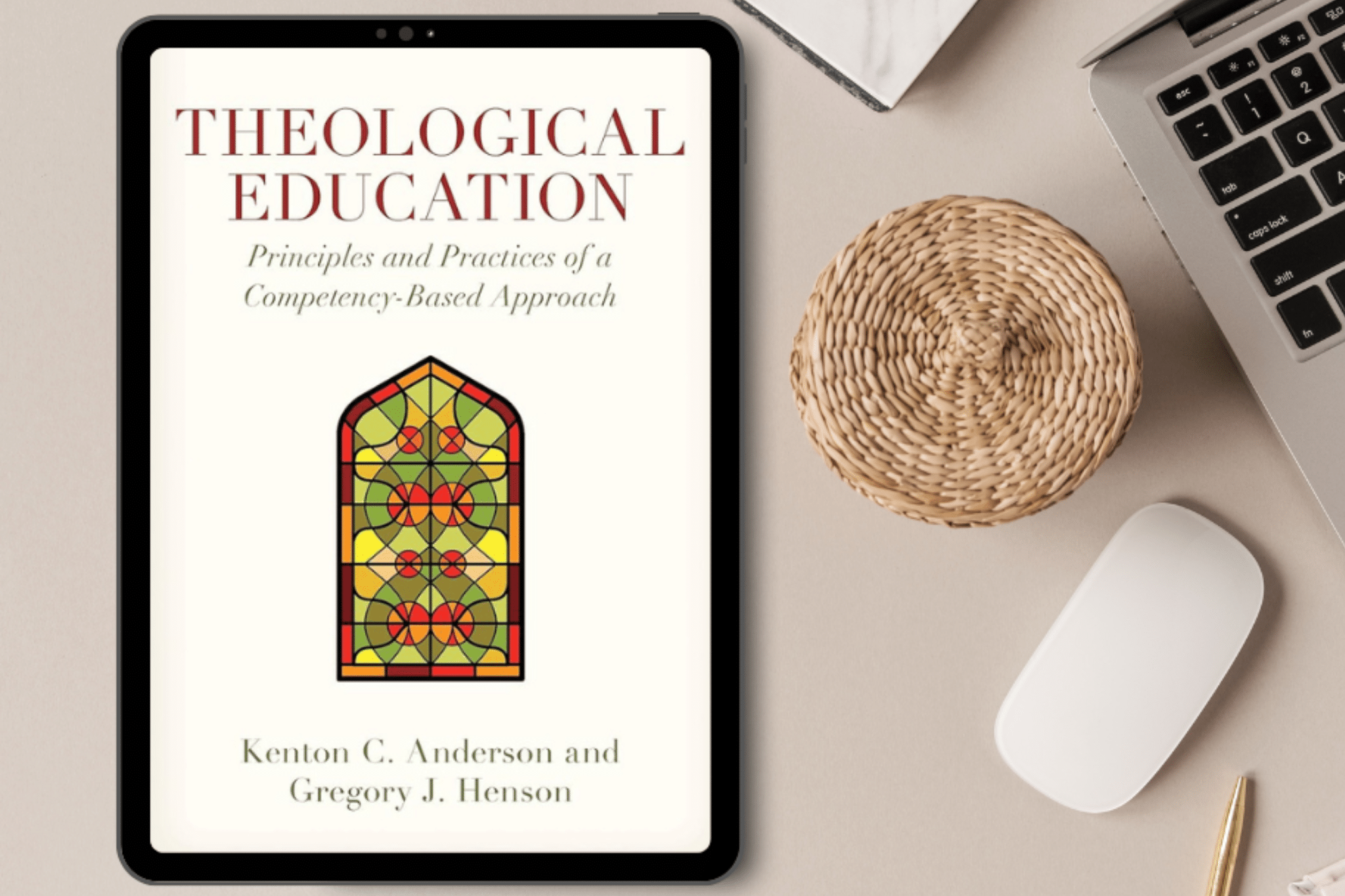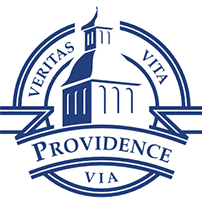Otterburne, MB – It’s not uncommon for people to have a “dream job” in mind that combines one’s skills, passions and calling. But with the number of paths available to consider education-wise, it can be overwhelming to decide on a route that will take people to that desired destination. In fact, factors such as cost, the set scheduling of on-campus courses and the practical relevance of conventional models of schooling have led some to wonder whether their vocational dream could ever become a reality. Fortunately, instead of needing to give up on the pursuit of one’s aspirations, a new method of instruction is showing much promise in its ability to address some of these key issues; namely, Competency-Based Education.
But what exactly is this approach to learning and what advantages might it have compared to traditional methodologies? To help answer this question more comprehensively, President Kenton Anderson recently co-authored and released a book with Greg Henson called Theological Education: Principles and Practices of a Competency-Based Approach. Throughout, this guide provides a detailed description of the principles and practices of Competency-Based Theological Education – or CBTE – and examines topics such as context-specific training and mentorship, having an end-focus on outcomes, offering subscription-based pricing, and seeking more intentional collaboration between the church and the academy.
In a recent interview with Mike Thom from CHVN in Winnipeg, Dr. Kenton Anderson described Competency-Based Education in this way: “It’s contextual learning done through mentoring towards stated competencies and proficiencies.” Or to say things differently, from the book itself: “With its focus on ends rather than means, CBTE invites institutions to hold lightly many things that were once sacrosanct. It is not that we completely abandon those things we once held dear. Rather, we give them appropriate weight within a system that says that outcomes, demonstrated by observable behavior and/or data, are the guides” (Theological Education, p. 91).
Reframing education in this way is at the heart of Providence’s Centre for On-Demand Education (a.k.a. CODE), which is currently offering two programs (i.e. Transforming Leadership and Media Production Arts) and partnering with various organizations – with more in development. For more information about Competency-Based Education at Providence, visit Prov.ca/CODE or sign up for an upcoming information session at Prov.ca/CODE411. And to get your own copy of Theological Education, find it at Amazon.ca.



